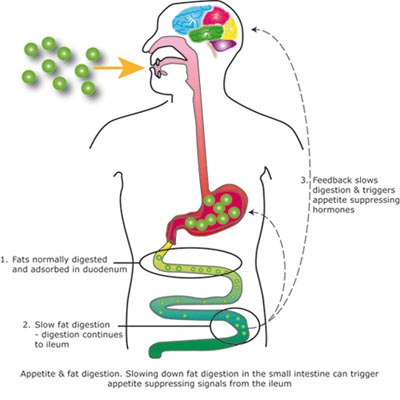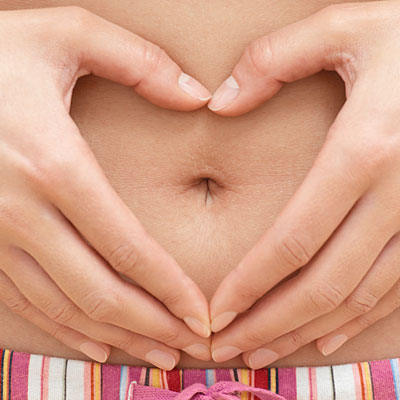Difference between Physical and Chemical Digestion

The procedure of splitting down foods in the digestive track to gain nutritional value in the meals is called the digestion process. Nutrients that are received in this procedure are then absorbed into the circulation structure and distributed all over the body system with the blood. These nutritional values are essential for providing energy to particular substances that your stomach needs. Digestion can be either chemical or physical depending on a number of factors. Both kinds of intestinal functions are important to increase the rate of digestion and to provide a proper nutrient intake. Usually it is extremely difficult to extract nutritional value directly from them. Therefore, it is necessary to break the meals down first using actual procedures and then hydrolyse the nutrients with enzymes to small molecules using chemical reactants.
Instructions
-
1
Physical Digestion
Physical intestinal function or physical digestion is the splitting down of food into small contaminants by actual procedures such as smashing and chewing. It is mainly done by using the stomach contractions, teeth, mouth and bile. For improving the surface area for chemical reactions inside the stomach and the rate of chemical reaction, it is recommended to use physical digestion techniques. The muscular churning of the food and moving the food down the digestive tract are achieved by physical digestion techniques which also include peristalsis.
- Image courtesy: topnews.in

-
2
Chemical Digestion
Chemical digestion on the other hand refers to transforming meals into small contaminants through the enzymatic responses. Chemical substances including useful bacteria and enzymes are used to increase the rate of chemical reaction. This is achieved by breaking the chemical bonds through the hydrolysis processes. Lipases, carbohydrates and proteases are some of the most commonly used type of enzymes recommended by the doctors. These enzymes are extremely powerful and have the ability to break down proteins, carbohydrate fats and enzymes in our body. Enzymes are usually found in stomach, saliva, juices and intestinal juices, produced by the stomach glands, pancreases, salivary glands and intestinal walls inside the body’s digestion system. Direct mechanical stimulation process, hormones, reflex stimulation and expectation are some of the processes responsible for releasing these digestive enzymes from our body.
- Image courtesy: health.com








